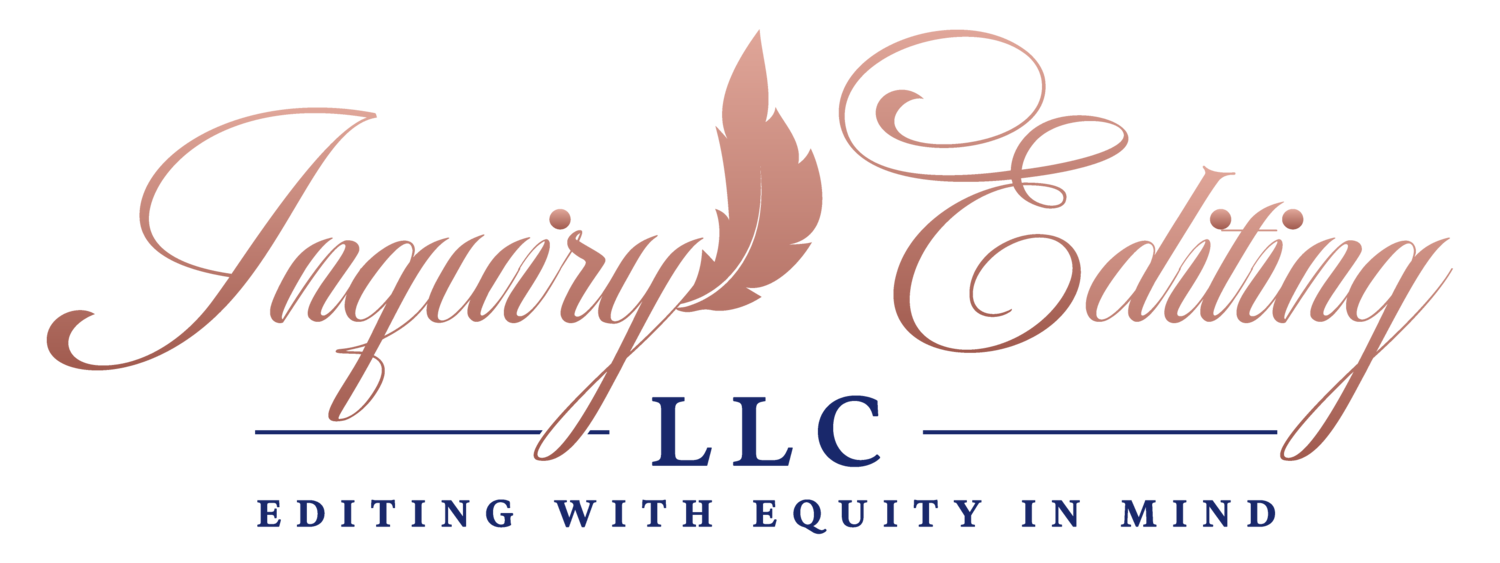Making Writing Pleasurable
I recently had a student come to office hours distraught. They wanted to understand what tips, tricks, and hacks I had for getting through the writing process. I asked, “What part of the process troubles you?” The answer was some version of the following: I sit down and don’t know what to write. Then, when I start writing, my ideas change. Then, I have to go back and revise. Then, when I talk to something I remember something I forgot to do. Then, when I get comments or feedback I feel like I should have seen what the other person saw. If I get a chance to revise after that, I feel deflated and anxious.
I had no answer for them. That is a textbook definition of the writing process. In my characteristic unflinching honesty, I said as much. To be compassionate, I followed up with “You’re doing everything right.” They gave me a wary weary smile.
I suspect my no-nonsense brand of encouragement wasn’t entirely encouraging partially because of my delivery and partially because this student does not find writing pleasurable.
I get it. I have identified as a writer since I was five years old. Even though I understand this activity as an identity or a calling, sometimes it just doesn’t feel good. At five, I would have told you that “all artists have to suffer for their art.” With all due respect to my former cherubic self, that is inaccurate.
Writing is the closest thing we have to magjc. We want someone to understand what we’re doing, what we’ve created, when we aren’t there to tell them. We craft worlds out of something as flimsy as a word. Of course, it is hard.
Here, I am tempted to quote both The Princess Bride (Life is hard, Princess, anyone who tells you different is selling something.) and A League of Their Own (It’s the hard that makes it good.) Both good. Both true.
And, yet, there are some ways to make writing pleasurable if you’ve lost some of that loving feeling. The first is temptation bundling. Temptation bundling is linking something you want to do with something you have to do. People tend to think of this in terms of wellness goals (i.e., pairing an audiobook with a walk, pairing cardio with a playlist, pairing cooking with hanging out with a friend). This works for writing as well.
One of the questions I ask in my intake survey is “do you have a writing ritual?” I ask this because it is one of the primary ways that writers temptation bundle. People light candles, diffuse essential oils, use their favorite lotion, put on a favored/lucky piece of jewelry, pray, listen to lo-fi music, eat a favorite snack. Each of these engage the senses so that someone is relaxed or in a better head space before they write. Some people have a winding down ritual: call a friend, clean their desk, cook a meal, stretch, workout, date, shower, self-massage, play a game, do a puzzle. Whether your ritual appears before or after you write (or both!), you’re linking the writing with a favorable activity so that you begin to associate the positive feelings of the one activity with the other.
There are some of you who are skeptical, thinking: I’m too smart to trick myself into liking writing. I need to like it on its own. I certainly encourage you to try it first, but if that isn’t working, I’d recommend the following (harder) task.
Why do you write in the first place?
No, really. It can’t just be the job. Institutions don’t reward us appropriately for our intellectual labor. In fact, if you’re from a historically marginalized group, you can be punished with more work for being good. The curse of the competent. Bonus points if folks don’t listen to your sound advice. You probably don’t write for reasons related to professional advancement, or glory, or duty, either.
I won’t attempt to answer the question for you, but I will give you my answer. I write so I can witness and affirm others. I write so I can affirm myself. I write because I have something to communicate to others. Those answers can become more specific depending on the project. For instance, Arab American Aesthetics was a way of saying thank you to the Arab American Studies scholars who created work for me to look at. My article “What Makes Work” was a way to affirm and understand the strange loneliness of my time in Claremont, California. When I got stuck, those reasons were my north stars. When I felt most accomplished, it was because I had fulfilled some part of that goal.
Pleasure’s base definition is the feeling of satisfaction and enjoyment. When we ignore our senses or only think of our work as belonging to someone else, we make it about business, we divorce ourselves from our work, and we shift the locus of power away from ourselves to another entity. Those behaviors aren’t the parameters for creating pleasure. In fact, they’re the exact opposite.
Let your writing belong to you. Let your writing become a way to satisfy your own desire. Let your writing honor your gift. Let it be a source of pleasure.
